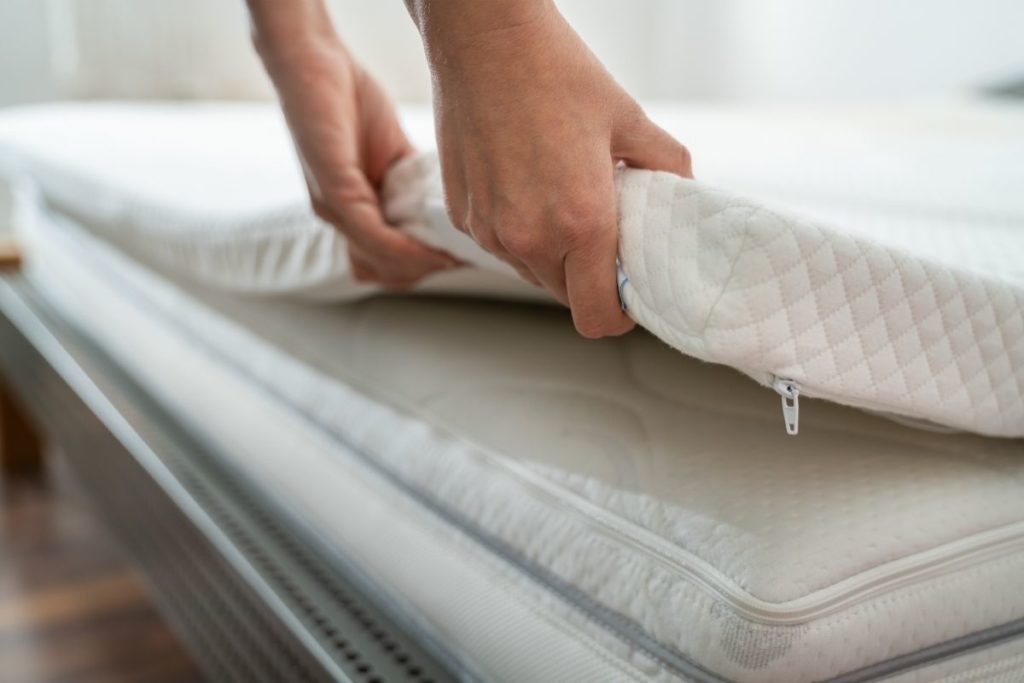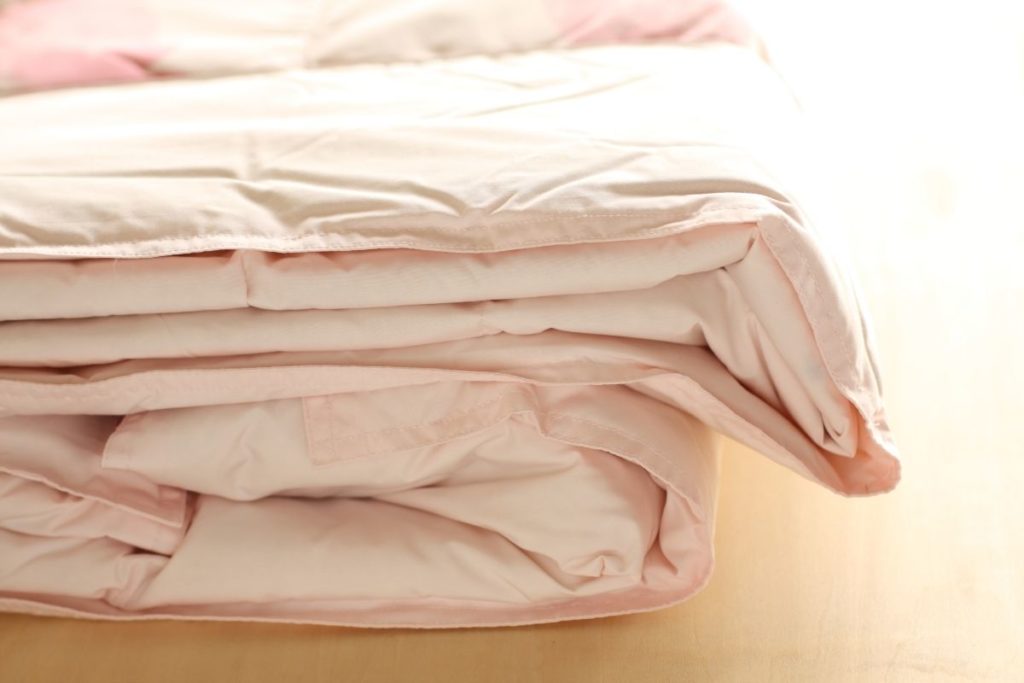Purchasing and designing the best sleeping space for you is the best way to guarantee a good night’s sleep. But with so many options available, how do you decide what is best for you?
We have put together this quick guide to answer some fundamental questions about bedroom design and help you get the space you want.

Now to answer the age-old question – should you go for a futon or a mattress? There are several factors that must be considered before making such a decision, with price being the buzzword for many people.
Are Futons Cheaper?
On the whole, yes. Futons are generally cheaper than mattresses and can certainly be cheaper than buying a whole bed including frame and mattress.
Bear in mind that futons have a dual purpose as a couch so, if you are in the market for a new couch and bed, purchasing a futon that has this dual function will save a chunk of money and some space.
A good quality futon with a high-quality frame can cost around $200, whilst for higher-end futons you can expect to pay anything from $500 to $700 for a top-quality piece of furniture.
You could even opt for customizable futons with thick memory foam mattresses, decorative cover, and hardwood frame to the tune of $1000 – there really is a futon to suit every budget.
Compare this to a mattress for a bed. A high-quality mattress alone will cost over $200 and most people pay around $1000.
This is more expensive than a good quality futon and remember that this price just covers the mattress – the bed frame is a separate cost that needs to be budgeted for but the frame is included in the price of most futons.
So, a good quality futon is certainly cheaper than a good quality mattress, and the fact that a futon can double up as a couch will save you space and save you the cost of a couch!
But what else needs to be considered when buying a futon? Keep reading to learn more about futons and what needs to be considered next time you go shopping.
What Is A Futon?
A futon is a type of mattress invented in Japan that can be easily folded from a bed to a couch. Futons are popular choices in cities with limited space as they require less room than a bed, and can easily be rolled up to serve a second function, making it the perfect choice for those short on space.
Japanese futons tend to be thinner than their American counterparts and are designed to be rolled away to clear space in a room. American futons are cheaper and tend to be supported by a frame, often designed to double as a couch.
Most futons are designed with a quilted mattress top or a thick pillow top rather than the bulky spring design of modern mattresses. Their lack of structure compared to a bed is what makes them so versatile.
Weighing up Futons vs Beds
The space saved with a futon is a great attribute and is often what drives people to this style of bed in the first place. Futons come in a wide variety of sizes so you are bound to find one that fits perfectly in your space.
The overall simplicity of futons often means that you can customize your furniture to suit your style. Throw on some pillows and throws to spruce up your futon and get it dressed up for company. Or, if minimalism is your style, keep it clean and simple for a sophisticated touch in your room.
The best thing about a futon? They tend to be considerably cheaper than beds.
When you purchase a futon, you must remember that there are some downsides to using them as your primary sleeping furniture. Futons are designed to be compact and easily fold away which means that there will be considerably less support from a futon compared to a bed.
Futons are thinner and less structured than beds so it is more challenging to find a futon with enough support that you could regularly sleep on it with no effect on comfort.
Bear in mind that futons are not a great bed alternative for those with back issues as the support is significantly lacking compared to a bed. Remember as well that improper maintenance of a futon is likely to cause the filling of the futon to bunch in places, causing lumps.
Can I Sleep On A Futon Every Night?

If you want to purchase a futon as an alternative bed arrangement then you do need to remember that not all futons are ideal for those with back problems.
A futon that is meant to be rolled onto the floor is the best futon option for those with back issues as this will give a firmer surface for you to sleep on than a mattress.
The latest medical advice suggests that sleeping on a mattress or futon on the floor is not detrimental to our health and is, in fact, a simple way to improve overall support.
Do keep in mind that a mattress that conforms to the body as you lie on it may be more comfortable and supportive than a futon on the floor and this slight absorption of your body by the mattress is likely to be better for your back in the long term.
Futons are widely used in many parts of the world and remain very popular in cramped cities. There is no evidence to suggest that sleeping on a futon is bad for your health, as long as back issues are taken into consideration.
For the best night’s sleep, purchase the best quality futon that you can afford as this will last longer, and provide enough cushioning to keep you comfortable and fairly well supported.
What Type Of Futon Do I Need?
Futons are often made with different materials and thicknesses, with some even designed with specific sleep styles in mind.
Someone who sleeps on their back will benefit from a Japanese-style futon that is thinner and rolls out along the floor as this gives the best support.
If you are a side sleeper, an American-style futon that doubles as a couch will be more comfortable as there will be extra cushioning for areas of your body that receive most of the pressure.
Cotton is the traditional material of futons and is still a popular choice, but modern futons can be made in a number of other materials. Memory foam, for example, is a newer addition to the futon market that offers slightly better support.
Polyester, which is another popular futon choice, is more durable than foam or cotton and is resistant to bacteria. Bacterial resistance will help prevent any unpleasant odors from developing throughout the duration of your futon’s life.
Final Thoughts
Futons are on the whole cheaper than mattresses but there is more that goes into sleep choice than price. Remember to choose the highest quality futon you can as this will undoubtedly be more comfortable, but also think about sleeping style and any back problems you have.
